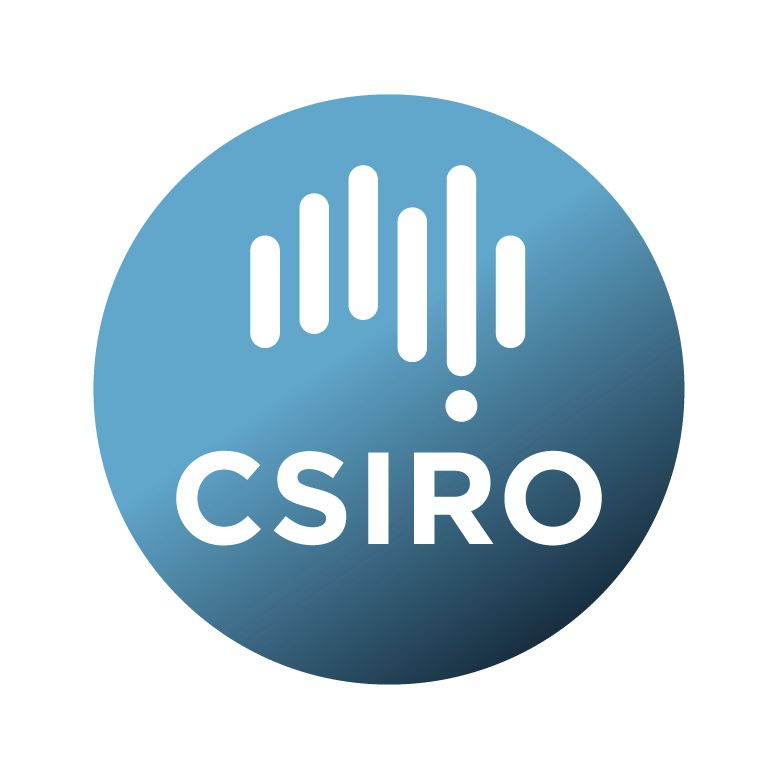Brief description
ASKAPsoft, the ASKAP Science Data Processor, provides data processing functionality, including:* Calibration
* Spectral line imaging
* Continuum imaging
* Source detection and generation of source catalogs
* Transient detection
ASKAPsoft is developed as a part of the CSIRO Australian Square Kilometre Array Pathfinder (ASKAP) Science Data Processor component. ASKAPsoft is a key component in the ASKAP system. It is the primary software for storing and processing raw data, and initiating the archiving of resulting science data products into the data archive (CASDA).
The processing pipelines within ASKAPsoft are largely written in C++ built on top of casacore and other third party libraries. The software is designed to be parallelised, where possible, for performance.
ASKAPsoft is designed to be built and executed in a standard Unix/Linux environment and core dependencies must be fulfilled by the platform. These include, but are not limited to, a C/C++/Fortran compiler, Make, Python 2.7, Java 7 and MPI. More specific dependencies are downloaded by the ASKAPsoft build system and are installed within the ASKAPsoft development tree. Specific to the Debian platform, after a standard installation of Debian Wheezy (7.x) the following packages will need to be installed with apt-get:
* g++
* gfortran
* openjdk-7-jdk
* python-dev
* flex
* bison
* openmpi-bin
* libopenmpi-dev
* libfreetype6-dev
* libpng12-dev
More information regarding the building, installation and running of the software can be found in the README file in the root of the file structure that forms this collection.
Source code can be accessed via the links in Related Materials section.
-----
A further patch release for the pipeline, fixing a few issues that have been seen on the Galaxy platform.
* The previous fix for the OUTPUT directory is now included correctly in the release.
* The fix for imagetype parameter in Selavy parsets generated by the pipeline has been extended to the continuum-subtraction jobs.
The bandpass validation log is copied to the diagnostics directory, as it includes useful information about the state of the dataset.
* Errors involving ‘find’ (from the ‘rejuvenate’ function) are no longer reported in the slurm output when the file in question does not exist.
When aoflagger is used for the flagging, the slurm script ensures that the correct programming environment (PrgEnv module) is loaded prior to loading the aoflagger module.
* The continuum cube imaging can now use more than one channel per core. This is accessed via the new parameter NCHAN_PER_CORE_CONTCUBE.
* Added casa, aoflagger and bptool version reporting to the image headers and the copy of the config file, to enhance the reproducibility of the pipeline processing.
Available: 2019-02-05
Data time period: 2018-07-31 to ..
Subjects
ASKAP |
Astronomical Sciences |
Astronomical Sciences Not Elsewhere Classified |
Physical Sciences |
data reduction |
pipeline |
radio astronomy |
science data processor |
software |
User Contributed Tags
Login to tag this record with meaningful keywords to make it easier to discover
Identifiers
- DOI : 10.25919/5C58D4F772FB9

- Local : 102.100.100/77848


